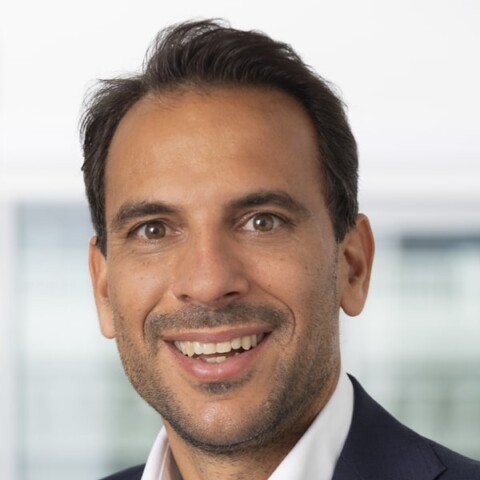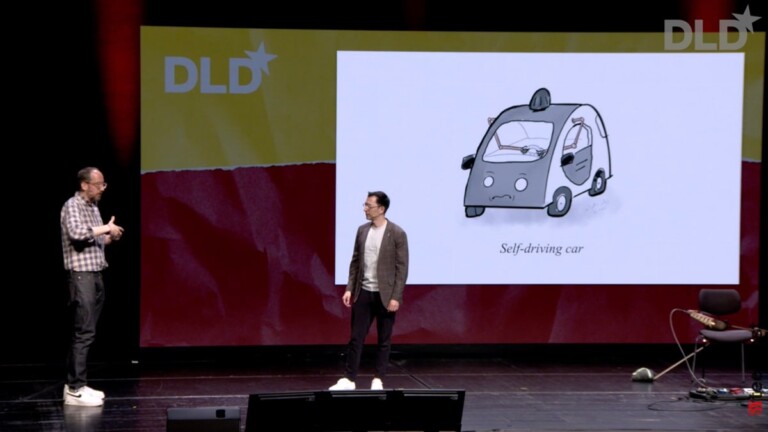In their DLD Circular presentation, McKinsey analysts Solveigh Hieronimus and Stefan Helmcke analyze in detail how Europe can reach its stated goal of becoming carbon neutral by 2050.
There are many challenges, such as the continent’s political and economical diversity, as Hieronimus points out. And success will require a coordinated effort on every level, as sustainability is “literally a whole society undertaking”, the McKinsey analyst notes.
“It’s the governments that set the ambition, it’s the industry that will get granular and deliver on the ambition”, Hieronimus says. “And of course, it’s down to the individuals and society actually to accelerate those changes, demand more and do more as we go ahead.”
Concrete action is urgently needed, both presenters make clear. “Why is acceleration so important?”, Hieronimus asks. “Because if we don’t, and if we still want to achieve that target, it’s only logical that the end will be rather dramatic.” Stefan Helmcke adds, “Every year we lose, [the transition] gets more and more expensive.”
On the upside, the McKinsey analysis shows that Europe can achieve its goal of becoming carbon neutral by 2050. “We do have the technology, we do have the means to decarbonize Europe”, Helmcke notes. “We can actually move to a Climate Neutral economy at zero net cost.”
There will also be many opportunities to create new jobs, the analysts conclude. “When you look at different sectors, for instance, the building sector, also in agriculture and the power sector, we see lots of innovation that’s needed”, Hieronimus says. By 2030, “we see over 2 million net positive jobs effects on the labor market”, she adds.
The presentation references McKinsey’s report How the European Union could achieve net-zero emissions at net-zero cost, as well a detailed analysis of Net-Zero Germany, which was published shortly after the talk. (PDF in German language here.)




